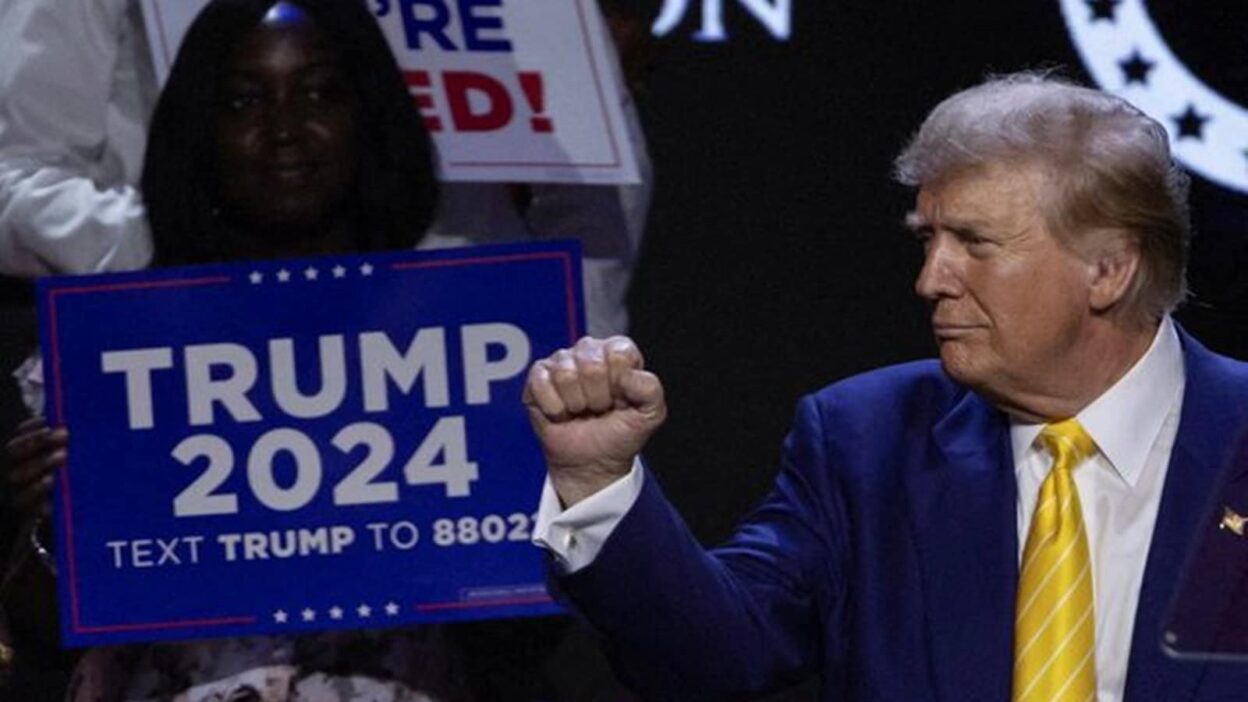In a case that could reshape American citizenship law, the US Supreme Court will hear arguments on May 15 over the legality of an executive order issued by President Donald Trump that seeks to end birthright citizenship for children born in the United States to undocumented immigrants and temporary visa holders.
Trump’s executive order, issued on his first day in office, aimed to reinterpret the Citizenship Clause, which has guaranteed citizenship to anyone born on US soil since the ratification of the Fourteenth Amendment in 1868.
However, three federal judges issued nationwide injunctions halting the order, continuing a trend of judicial resistance to many of Trump’s executive actions. Trump has argued these judges overstepped their authority. “Universal injunctions have reached epidemic proportions since the start of the current administration,” the government said in a March court filing.
A Justice Department official reinforced that position earlier this week, stating that these injunctions “fundamentally thwart” the administration’s ability to enact policy and amount to a “direct attack” on the presidency.
What is the case?
At the heart of the dispute is the Citizenship Clause of the Fourteenth Amendment, which states that “All persons born or naturalized in the United States, and subject to the jurisdiction thereof, are citizens of the United States.” This clause was introduced in the aftermath of the Civil War to ensure citizenship for formerly enslaved people and to clarify their legal status. But critics of birthright citizenship argue that the phrase “subject to the jurisdiction thereof” was never meant to include children born to those who are in the country illegally or only temporarily.
Trump has long pledged to dismantle what he calls a flawed system. “We have to end it. We’re the only country that has it,” he has said. In fact, at least 37 other countries grant citizenship to anyone born on their soil, most of them in South America and the Caribbean. By contrast, most European nations and countries like India do not practice unconditional birthright citizenship.
If Trump’s order is upheld, the change would have sweeping consequences. Parents with valid non-immigrant visas, such as H-1B work visas or F-1 student visas, would be required to apply for dependent visas for their US-born children. The children of undocumented immigrants would no longer receive automatic citizenship, and many legal immigrants could find their children classified as noncitizens at birth.
Story continues below this ad
Opponents of the proposed change argue that it could create a new class of stateless individuals and worsen the already strained immigration system. “Revoking birthright citizenship would have far-reaching consequences,” notes a joint report from the Migration Policy Institute and Pennsylvania State University’s Population Research Institute. Their analysis found that ending the practice could increase the unauthorised immigrant population by 2.7 million by 2045.
Critics also point to the practical implications for immigration pathways. Under current law, US citizen children must be at least 21 to sponsor their parents for legal permanent residency. That option would disappear if those children are no longer considered citizens.
Supporters of ending birthright citizenship argue that the current system encourages “birth tourism,” in which foreign nationals, typically on tourist visas, intentionally give birth in the United States to secure citizenship for their children.
Story continues below this ad
There are already limited exceptions to the rule of jus soli – the principle of birthright citizenship. Until 1924, Indigenous people born in the US were excluded from citizenship. In 2021, the Supreme Court ruled that people born in unincorporated US territories such as American Samoa are not automatically granted citizenship unless Congress passes specific legislation. Children born to foreign diplomats or hostile occupying forces also do not qualify for automatic citizenship.
Still, Trump’s order is the first serious federal-level attempt to override birthright citizenship since the Fourteenth Amendment was ratified. The measure, if allowed to stand, would represent a historic shift in US immigration policy and could serve as a precedent for other executive orders with limited congressional oversight.





